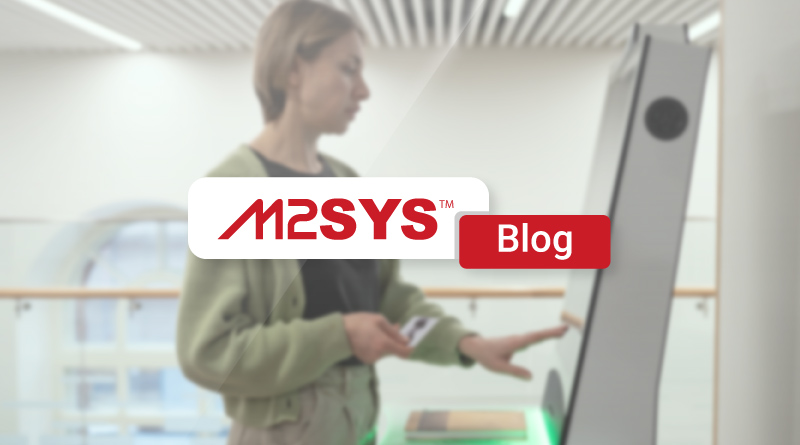Secure Digital Booking Records for Law Enforcement Compliance
Over 70% of law enforcement agencies still use paper-based booking, causing errors and delays. Secure digital booking records streamline processes, enhance data security, and ensure compliance with legal standards, improving efficiency and public trust.
TL;DR
- Over 70% of law enforcement agencies still use paper-based booking, leading to errors and compliance risks.
- Paper systems cause data entry mistakes, information sharing issues, and increased operational costs.
- Secure digital booking records streamline processes, enhance data security, and ensure compliance with regulations.
- Digital systems provide real-time updates, audit trails, and integrate with existing tools for seamless operations.
- Data security is crucial; digital records use encryption and access controls to protect sensitive information.
- Integration with court and detention databases speeds up investigations and reduces costs.
- Correctional administrations benefit from centralized, automated records that prevent wrongful releases.
- Government ministries can reduce costs and improve data sharing with scalable digital booking platforms.
- M2SYS eGov offers a no-code platform for tailored eGovernance tools, enhancing compliance and reducing errors.
Transform your law enforcement operations with secure digital booking records. Contact M2SYS to learn how our solutions can modernize your agency and improve efficiency.
Did you know that over 70 percent of law enforcement agencies still rely on paper-based booking processes, leading to errors that delay cases and risk non-compliance? This statistic from recent industry reports highlights a pressing issue in modern policing. Agencies face mounting pressure to handle arrests and detentions with speed and accuracy. However, outdated methods create gaps in data security and accountability. Secure digital booking records for law enforcement offer a direct path to fix these problems. They turn slow, error-prone workflows into streamlined systems that protect information and meet legal standards.
What are the risks of paper-based booking systems in law enforcement? Manual records often lead to mistakes during data entry, and they make sharing information between departments a nightmare. For instance, a simple booking error can compromise chain of custody, which courts rely on for valid evidence. Moreover, paper files are vulnerable to loss, damage, or tampering. This not only raises operational costs but also erodes public trust when cases fall apart due to poor record-keeping. In fact, agencies report that fragmented workflows cause delays in case resolution, sometimes by weeks. Transitioning to digital systems addresses these risks head-on by providing real-time updates and secure storage.
How can secure digital booking records improve compliance for police departments? Compliance with federal and state regulations demands accurate, auditable records. Digital platforms automate checks against these rules, so officers spend less time on paperwork and more on fieldwork. For example, they generate instant audit trails that track every change to a record. This ensures transparency and helps agencies avoid penalties from non-compliance. Additionally, these systems integrate with existing tools, reducing the friction of switching from old methods. Police departments that adopt them see faster processing times and fewer errors, which directly supports better investigations.
Why is data security crucial in digital booking for law enforcement agencies? Cyber threats target sensitive information like arrest details and personal data. Without strong protections, breaches can expose agencies to lawsuits and loss of credibility. Secure digital booking records use encryption and access controls to safeguard this data. They prevent unauthorized changes and provide role-based access, so only approved personnel view records. As a result, agencies maintain a strong defense against hacks while keeping operations running smoothly. This level of security is essential for building trust with communities and stakeholders.
What integration challenges do investigative units face with booking records? Investigative units often struggle with delayed data sharing across systems. Legacy setups do not connect well with court or detention databases, leading to silos that slow down probes. Secure digital booking records solve this by enabling seamless interoperability. They allow units to pull booking data instantly, which speeds up evidence gathering and case tracking. For instance, when an arrest record updates in real time, investigators act faster on leads. This integration cuts down on high costs from redundant data entry and reduces deployment delays for new tools.
How do correctional administrations benefit from secure digital booking? Prisons and jails handle high volumes of inmate data, where accuracy prevents issues like wrongful releases. Paper-based systems complicate compliance with housing and release protocols. Digital records centralize this information, automating updates and ensuring consistency. Correctional administrations gain from automated compliance features that align with national standards. Moreover, these systems support customization for regional needs, making them flexible for different facilities. By addressing integration issues with legacy systems, they streamline daily operations and enhance safety.
What role do government ministries play in adopting digital booking solutions? Government ministries oversee public safety and must enforce standards across agencies. They deal with pain points like high operational costs from inefficient processes. Secure digital booking records help by providing scalable platforms that fit various department sizes. Ministries can use them to foster better data sharing and reduce administrative burdens. In turn, this promotes accountability and prepares agencies for future policy changes. Drawing from over 20 years of experience working with governments globally and in the United States, solutions like M2SYS eGov stand out. This platform builds and delivers eLaw Enforcement solutions that tackle these exact challenges organically.
How does M2SYS eGov address pain points in secure digital booking records for law enforcement? With two decades of hands-on work alongside police departments and public safety agencies, M2SYS eGov offers a no-code platform for creating tailored eGovernance tools. It solves fragmented workflows by digitizing booking records, ensuring tamper-proof documentation and real-time access. For example, in the Salt Lake County Sheriff’s Office project in Utah, the platform integrated with inmate management systems to maintain data consistency from booking to release. This improved compliance and reduced errors in detainee tracking. Similarly, in U.S. correctional facilities, it enhanced identity verification for inmates and visitors, cutting down on fraud and boosting security.
Why choose a platform like M2SYS eGov for eLawEnforcement modernization? It naturally fits into existing infrastructure, automating audit trails and compliance checks without major overhauls. Agencies experience lower costs and faster deployments, as the platform supports quick localization for regional rules. Plus, it strengthens accountability through secure, centralized records that integrate with court systems. Public safety agencies find it eases case tracking and data sharing, directly solving delays from paper-based methods. In essence, M2SYS eGov empowers law enforcement to meet today’s demands for transparent, efficient operations while preparing for tomorrow’s challenges.








